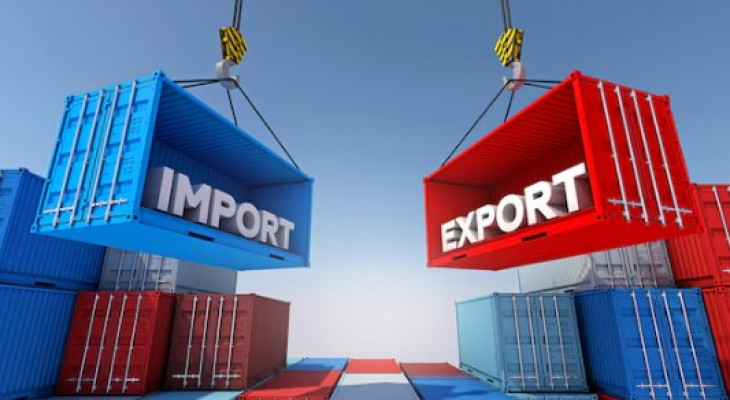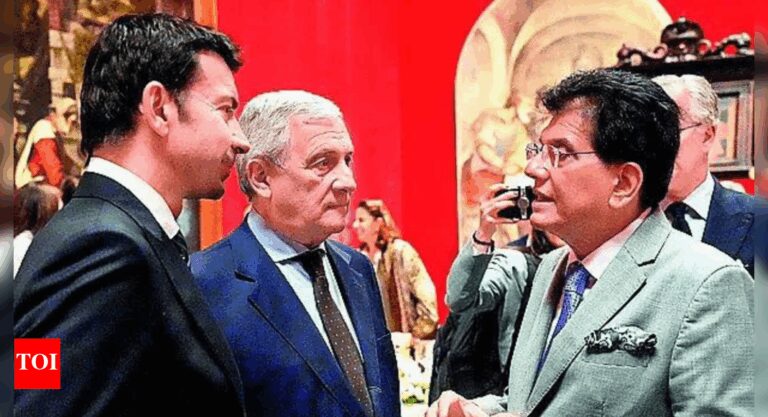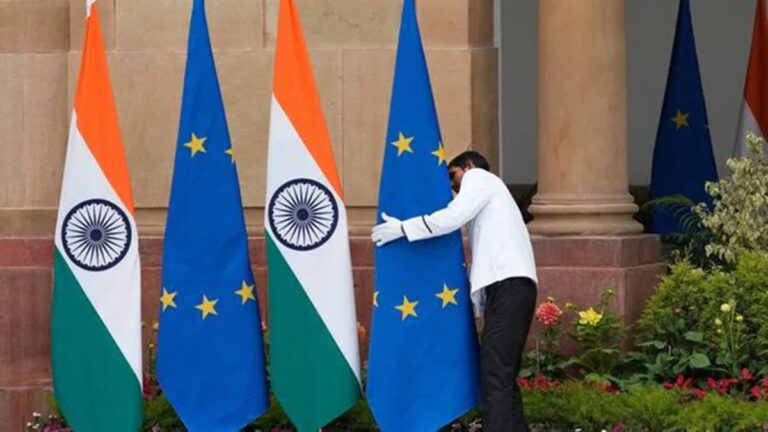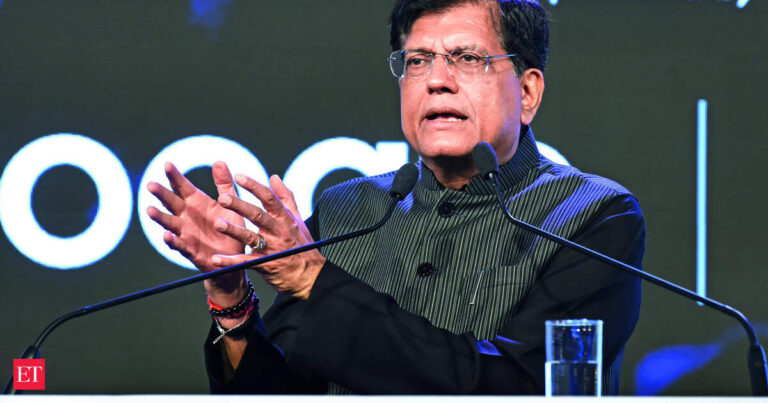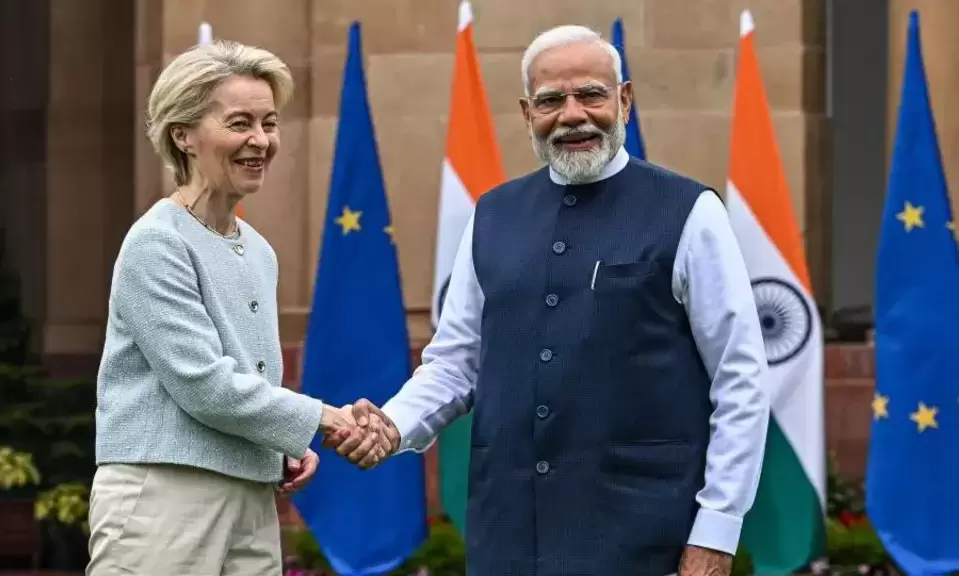
New Delhi: India and the European Union block in 27 countries are expected to launch their tenth series of negotiations for a free trade agreement in Brussels on Monday, according to a official.
India and the EU aim to finalize their free trade agreement by the end of 2025. Recent talks between EU Commissioner Maros Sefcovic and Indian officials focused on resolving the remaining issues, Prime Minister Narendra Modi and the president of the European Commission Ursula von der Leyen were committed to concluding the agreement.
“The two parties should hold the tenth series of negotiations for the ALE from March 10 to 14 in Brussels,” said the official.
India and the EU resumed the free trade agreement in June 2022, after a 9-year break. The main obstacles include agricultural prices, car rates and regulatory barriers. Conferences also cover investment protection agreements and geographic indications, according to the Global Trade Research Initiative (GTRI).
India shows the reluctance of reducing automotive import duties and showing caution by engaging in EU demands on sustainability and work standards. In addition, trade in services remains a controversial problem, India pushing for greater mobility for professionals and the recognition of its data security measures within the framework of the General Data Protection Regulation (RGPD) of the EU.
“Government purchases, investment protection and environmental regulations such as carbon borders (CBAM) adjustment mechanism (CBAM) still complicate talks. Despite these challenges, a successful agreement could considerably improve bilateral trade, which exceeded $ 190 billion during the year 2024,” said Ajay Srivastava.
India has exported $ 76 billion to goods and $ 30 billion in EU, while the EU exported $ 61.5 billion to goods and $ 23 billion in India.
Agriculture remains a sensitive area in commercial negotiations in India-EU. The EU wants India to cut prices on cheese and skimmed milk powder, but India is reluctant, seeking to protect its domestic dairy industry. The EU complex agricultural tariff system, with non -ad valorem prices on 915 products, adds to the challenge.
He said that high prices, strict health and phytosanitary measures and technical obstacles to an exchange of Indian agricultural exports from entering the European market, and even the reduction of prices will not overcome the regulatory obstacles of the EU.
European winegrowers want better access to the Indian market, where imported wines face a rate of 150%. The EU seeks to reduce this to 30 to 40%. India previously reduced Australian wines to 50% over 10 years under the ECTA agreement.
India and the EU can eliminate prices on textiles and clothes of the first day from their free trade agreement. Currently, Indian textiles are facing prices of 12 to 16% in the EU, making them less competitive than exports from Bangladesh and Vietnam.
European car manufacturers want India to reduce import duties on luxury vehicles from 100 to 125% to 10-20%. This would make cars like BMW, Mercedes-Benz and Volkswagen more affordable for Indian consumers.
The EU exports more than $ 2 billion of cars and parts to India each year, mainly in CKD form, which faces a price of 15%. The automotive sector of India is an important economic engine, representing a third of GDP manufacturing and employing 40 million people.
If India reduces prices for EU cars, it may have to do the same for other business partners, which reduces incentives for Japanese and Korean car manufacturers to manufacture in India. A possible compromise could involve a limited number of European cars to enter India at lower prices, he said.
(PTI entries)
